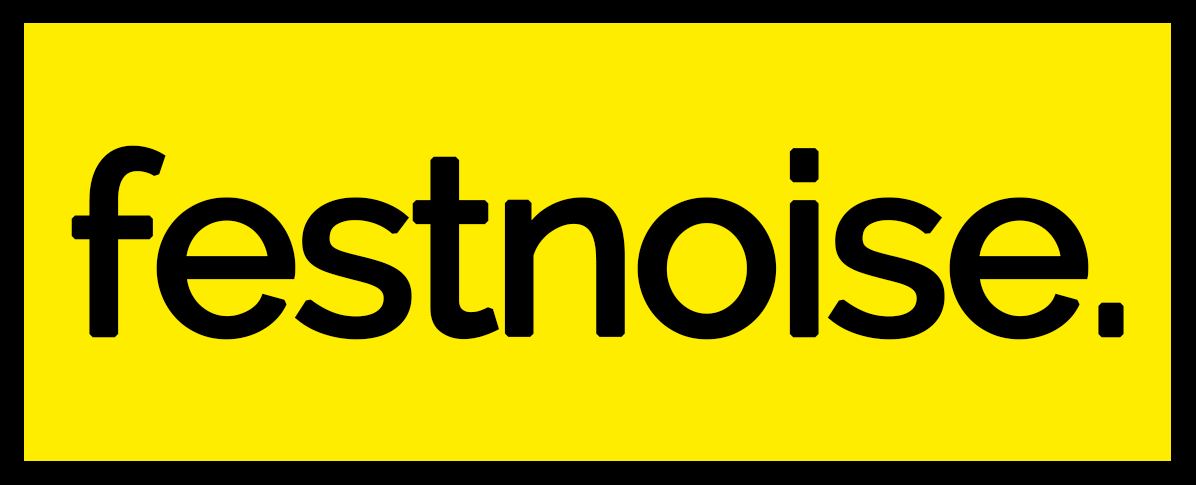Drug testing at Music Festivals
Whether you've ever been to a festival or not, I'm sure you will not be surprised if I tell you that at festivals, besides lots of music and good vibes you can find...drugs. To a greater or lesser extent depending on the festival, there are drugs in festivals, like there have always been and probably will always be. Leaving aside the massive alcohol consumption (more than three-quarters of participants reported consuming alcohol while attending a festival), a significant percentage of festival attendees are using a lot of MDMA (the active ingredient in ecstasy) in some form. And after many years of failing drug policies, once having accepted that drug use is very common in our society and it is increasing among young people, some festivals are offering drug testing with the support of the local authorities.
A significant number of young people usually dies in the festival season in what is thought to be drug-related incidents, so its seems pretty obvious that something must be done.
There are festivals who still put their money on awareness campaigns. In this way, recently we could see how Exit festival (Novi Sad, Serbia) initiated the #stayclean campaign to point the young people, in a fun and simple manner, towards educational content regarding the dangers of narcotics. The #stayclean campaign designed by McCann Belgrade, invited the people to think where drugs come from, focusing the attention to the detrimental consequences of taking drugs and shining a light at the unhygienic smuggling conditions.
I personally support awareness but not as the only measure and since to consume or not drugs is one's decision and I believe that some people will continue to take them, we need to adapt our approach in the interests of public safety. Awareness need to be always complemented with education and lots of information.
Drug checking (also known as pill testing or adulterant screening) allows people who use drugs to help identify the substance they intend on taking and therefore prevent harms associated with consuming an unknown substance. Simple identification methods, such as reagents and drug checking strips, can help prevent drug-related injury and overdose. Reagents (also known as spot or colorimetric tests) are liquid drops that can be applied to a small sample of a substance with minimal user training. A chemical interaction identifies the presence of certain substances contained in the sample based on color changes and corresponding codes.
And even more important to testing, when you have someone testing a drug, as a festival you have the opportunity to get to know your audience and use the occasion to counsel them providing with information about the risks of consuming illicit drugs, and ways they can reduce their risk (such as not taking substance, or taking a smaller dose). Drug testing will not abolish all the harms associated with drug taking, but if handled carefully, carries the likelihood of lowering significantly the number of deaths and hospitalizations and also allow for real-time tracking of local drug trends.
All policies have failed. Radical messages calling for total abstinence or crude enforcement strategies did not have any relevant impact and people continue using drugs, that's why many doctors support getting drugs tested.
However, there are obviously people who think that testing drugs leads to a higher consumption, but research has shown us that testing leads to less drug taking and helps festival goers to consume drugs in a safer way.
Drug policy expert Alison Ritter told the ABC: "What's clear from the results of the services operating [in Europe] is that people make different choices based on the results of the testing — some choose to put their drugs into an amnesty bins, others choose to take half as much as perhaps they thought they would.''
Cover photograph by Matias Altbach









